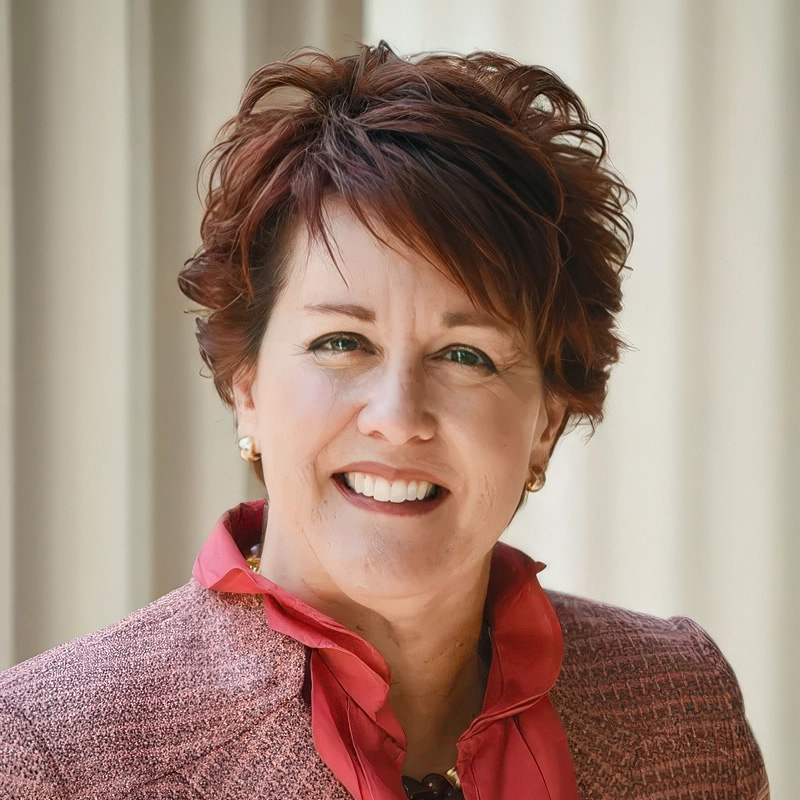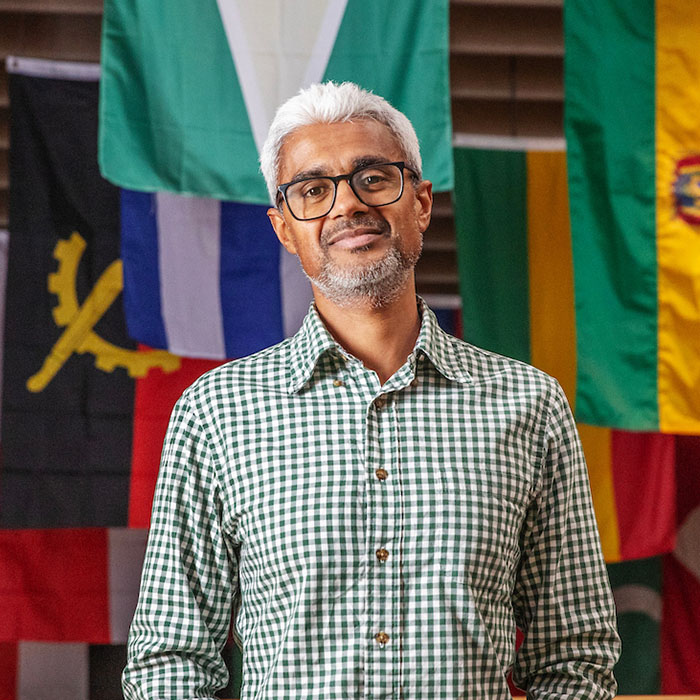Acclaimed astronomer's topic: rotating galaxies, dark matter
National Science medal winner to discuss "dark matter"
"Rotating Galaxies and Dark Matter" is the title of an upcoming Skidmore College lecture to be presented by one of the scientists credited with discovering dark matter - Dr. Vera Rubin, senior fellow in theDepartment of Terrestrial Magnetismat the Carnegie Institution of Washington.
Free and open to the public, the lecture will begin at 5:30 p.m. Tuesday, March 2, in Davis Auditorium of Palamountain Hall. A reception will follow.
In an abstract about the lecture, Dr. Rubin noted, "We live in a universe that is enormously complex, and it is remarkable that we can understand some of it. I will discuss the evidence that most of the matter in the universe is dark, but also the alternatives to this explanation. We know a lot, but I believe that there is still much more to be learned about the universe."
Astronomer Vera Rubin, a native of Philadelphia, turned a childhood fascination with stargazing into a career in which she has received international acclaim. She earned degrees at Vassar College, Cornell University, and George Washington University, and since 1965 has been affiliated with the Carnegie Institution of Washington.
Rubin has been known for challenging assumptions, including her master's degree thesis, which suggested unexpected bulk motions in the universe. Her greatest finding is that the orbits of stars and gas in galaxies are not consistent with our theories of gravity unless galaxies are filled with "dark matter."
The theory of dark matter was not easily accepted in the 1970s but Rubin persisted with her research and publishing. "So important is this dark matter to our understanding of the size, shape, and ultimate fate of the universe that the search for it will very likely dominate astronomy for the next few decades," she wrote in an article published in the March 1998 issue of Scientific American.
In 1993 Rubin received the National Medal of Science?the nation's highest scientific award - for "her pioneering research.... which demonstrated that much of the matter in the universe is dark..." She was elected to the National Academy of Sciences in 1981 and in 1996 she became the first woman since 1828 (and only the second woman ever) to receive the Royal Astronomical Society's Gold Medal.
The Rubin lecture is part of Skidmore's Distinguished Scientist Lecture Series. The event is co-sponsored by the NSF ADVANCE: Skidmore and Union Colleges Network Project, and Skidmore's Office of the Dean of Faculty and Department of Physics.


